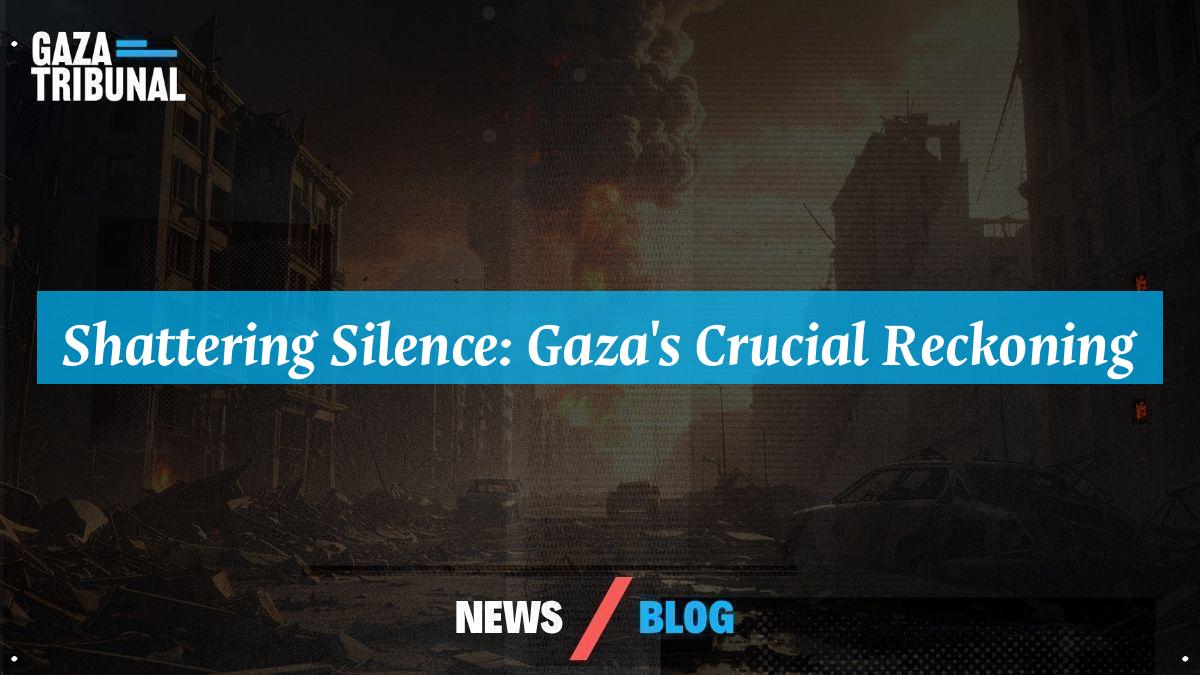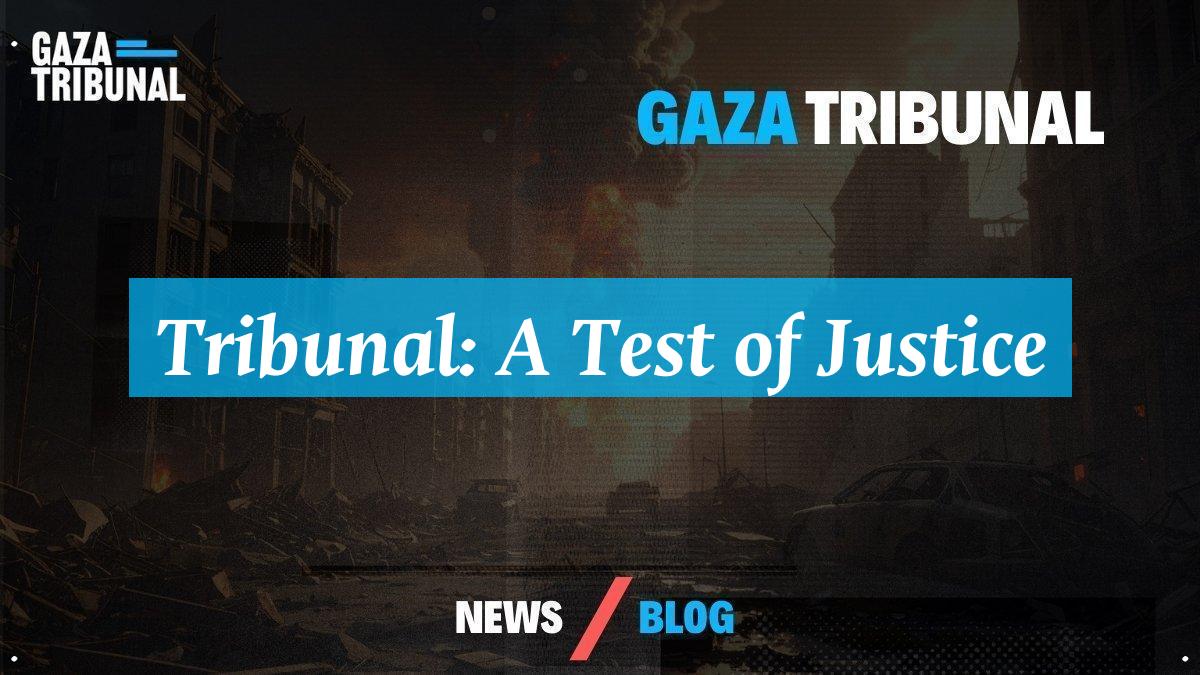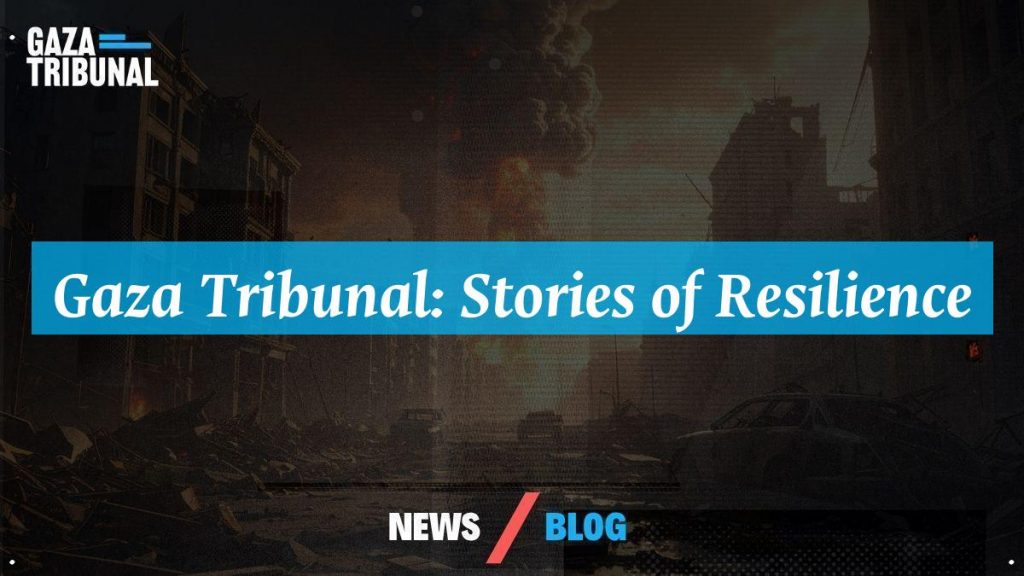In the heart of Gaza, the emerging “Gaza Justice Initiative” serves as a beacon of hope, illuminating the dark corners of despair. As families grapple with the traumatic aftermath of relentless conflict, many question when true accountability will come. What drives individuals like Abd al-Rahim Orouq to share their painful stories? Measured by the tears of those affected, the initiative transcends mere legal measures; it captures the essence of memory against the relentless tide of erasure. Indeed, the resilience displayed in recounting these experiences represents an act of defiance. How could one not be moved by the stories of love and loss that echo through every devastated home? With this initiative, we are reminded of the enduring human spirit, insisting that we confront the painful truths head-on.
Consider, if you will, the unsettling possibility that, the “Gaza Justice Initiative” stands as a testament to the collective quest for healing amid suffering. Families like the Orouqs retain their loved ones’ memories, carrying forward their dreams and aspirations into the future. Each name tells a story that deserves not just to be recalled but to resonate within us all. It compels us to recognize that the pain of loss is not just theirs; it is our shared burden. While darkness looms over neighborhoods reduced to rubble, the stories emerging from these spaces ignite a flicker of hope. Each narrative unfolds like a vital thread in the complex tapestry of life, beckoning us toward an unyielding commitment to justice. So let us bear witness; let us honor the memories that demand our attention and action! Visit this category for more updates.

A Family Full of Life Before the War in Gaza
Before the chaos erupted on October 7th, Abd al-Rahim’s family thrived in their community. They shared meals, laughter, and dreams. Each gathering at their table felt sacred. His parents, six brothers, and two sisters formed a close-knit unit. Family rituals shaped their lives. “Even if lunch was cooked in your own home,” he recalls, “you still came to sit with my mother and father.” Those moments defined their bond. They created a tapestry of love, woven with care and warmth.
His mother, Um As’ad, became a neighborhood icon for her cooking. People often praised her maftoul prepared over wood fire. Even during the war’s onset, she returned home, driven by her compassion. Abd al-Rahim remembers her determination to feed displaced families. “It was this spirit of giving,” he shares, “that defined her — even when she had nothing left to give.” It’s hard to comprehend how one person could embody so much strength. Her legacy lives on, inspiring the community even in the darkest of times.
October 7th and the First Days of Horror
The war began abruptly, catching Abd al-Rahim abroad. He reported live on television, trying desperately to contact his family. “I didn’t leave my phone for a moment, even while on air,” he recalls. But soon, explosions severed communication lines. His family faced a harrowing decision: stay or flee? They briefly sought refuge in overcrowded UNRWA school shelters. But the conditions were dire — hunger, fear, and lack of sanitation plagued them. It felt like a nightmare from which they couldn’t awaken.
After days of suffering, many returned home. They believed no place could be safe. Yet, every decision felt like a gamble with fate. Abd al-Rahim’s heart ached as he imagined his family’s struggles. How could anyone endure such uncertainty? It’s a question that lingers, echoing in the silence of those who remain. Each moment stretched into eternity, filled with dread and uncertainty.
Gaza: A Son Identifies His Mother in the Ashes of Ruin
For eleven agonizing days, Abd al-Rahim remained unaware of his family’s fate. His heart raced with rumors and whispers. Some said his mother survived; others spoke of horrors. The truth emerged only when Israeli forces withdrew, allowing neighbors to search the rubble. “They buried my mother several times,” he recalls painfully. “The bodies were burned, unrecognizable. But I knew her leg from the cracks in her skin.” It’s a haunting image that lingers in his mind.
He found solace in those small details, memories wrapped in love. Even now, his relatives, including his brother As’ad and nephew Bahaa, remain buried under the debris. Such loss weighs heavy on his heart. He often wonders, how does one cope with such grief? Each day unfolds like a haunting reminder of their absence. Yet, through this pain, he draws strength — a testament to love that refuses to fade.
Gaza Stories: Bearing Witness
The Orouq family’s story resonates far beyond their home. It reflects countless families across Gaza, where lives vanish and neighborhoods crumble. Documentation efforts, like Eyewitness Testimonies, strive to preserve these narratives. For Abd al-Rahim, memory becomes an act of defiance. “Every name, every face, every laugh I recall — it is proof they lived,” he asserts. This remembrance stands against erasure. It’s vital to keep these stories alive, to ensure that the world hears them.
As Abd al-Rahim shares his family’s story, he reminds us all of our shared humanity. “Numbers don’t matter. What matters is that they had stories,” he insists. It’s our responsibility to tell them. Thank you for listening to this tale of resilience and loss. Together, we can honor the memories of those who once thrived in their homes. Your attention matters; it helps keep their spirits alive. Visit Gaza Tribunal for more insights into such stories.



